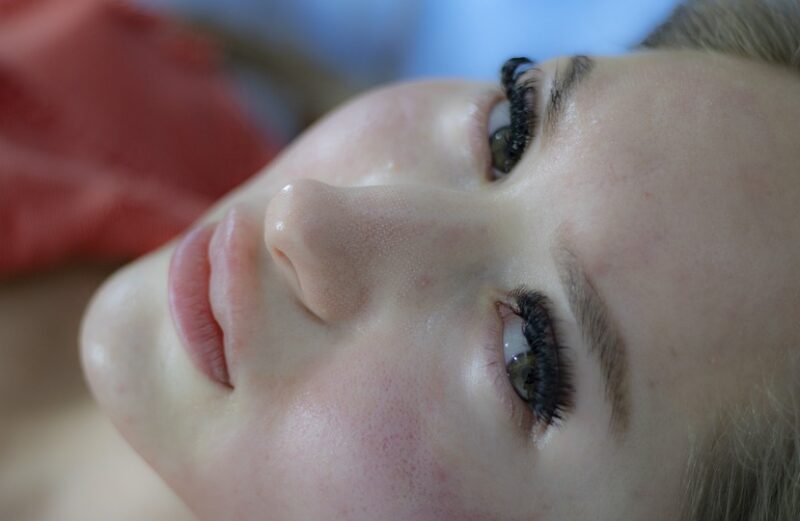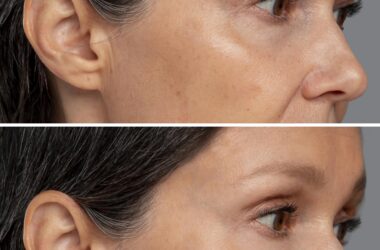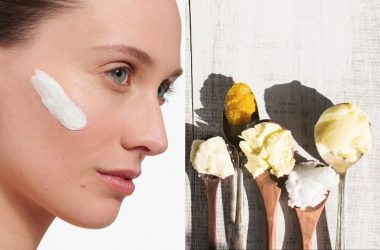Table of Contents
Understanding the Psychological Impact of Acne
Acne is a common skin condition that affects millions of people worldwide. While it may seem like a minor issue, acne can have a significant impact on an individual’s mental health and well-being. The psychological effects of acne can be just as debilitating as the physical symptoms, and it’s essential to understand the connection between the two.
The Emotional Toll of Acne
Acne can lead to feelings of embarrassment, shame, and low self-esteem. People with acne may feel self-conscious about their appearance, which can affect their relationships, social interactions, and overall quality of life. Research has shown that individuals with acne are more likely to experience depression, anxiety, and other mental health issues compared to those without acne. The emotional toll of acne can be particularly significant during adolescence and young adulthood, when appearance and social acceptance are crucial.
Body Image and Acne
Body image is a significant factor in the psychological impact of acne. When acne affects the face, it can be particularly devastating, as the face is often seen as a reflection of one’s overall appearance and self-worth. Individuals with acne may feel that their appearance is no longer attractive or desirable, leading to negative self-talk, self-criticism, and body dissatisfaction. This can further exacerbate anxiety, depression, and low self-esteem.
Self-Esteem and Acne
Acne can significantly impact self-esteem, which is a crucial aspect of overall mental health. When individuals with acne look in the mirror, they may see their acne as a reflection of their inner worth, leading to negative self-perceptions and self-doubt. This can manifest in various ways, such as avoiding social situations, feeling like they’re not good enough, or feeling like they’re not worthy of love or acceptance. The effects of acne on self-esteem can be long-lasting, even after the physical symptoms have cleared up.
Depression and Acne
Research has consistently shown that acne is associated with depression, with studies indicating that individuals with acne are more likely to experience depressive symptoms compared to those without acne. Depression can manifest in various ways, including feelings of sadness, hopelessness, and a lack of interest in activities. Acne-related depression can be particularly challenging to treat, as the physical symptoms of acne can perpetuate negative self-talk and self-esteem issues.
Seeking Help and Treatment
It’s essential for individuals with acne to seek help and treatment from a dermatologist or mental health professional. A dermatologist can provide effective treatments for acne, such as topical or oral medications, and offer guidance on skin care and management. A mental health professional can provide counseling, therapy, and support to help individuals cope with the emotional and psychological effects of acne. With the right treatment and support, individuals with acne can manage their symptoms and improve their mental health and well-being.
Conclusion
Acne is a common skin condition that can have a significant impact on an individual’s mental health and well-being. The psychological effects of acne can be just as debilitating as the physical symptoms, and it’s essential to understand the connection between the two. By recognizing the emotional toll of acne, seeking help and treatment, and addressing body image and self-esteem issues, individuals with acne can take control of their mental health and improve their overall quality of life.
Recommended Products
-
Product on sale
 Arbutin 3X Skin Whitening Collagen Body Cream 250gOriginal price was: KD8.000.KD7.000Current price is: KD7.000.
Arbutin 3X Skin Whitening Collagen Body Cream 250gOriginal price was: KD8.000.KD7.000Current price is: KD7.000. -
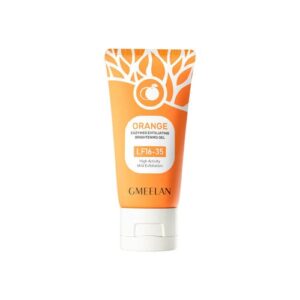 Gmeelan Orange Enzymes Exfoliating Brightening Gel – 50gKD4.500
Gmeelan Orange Enzymes Exfoliating Brightening Gel – 50gKD4.500 -
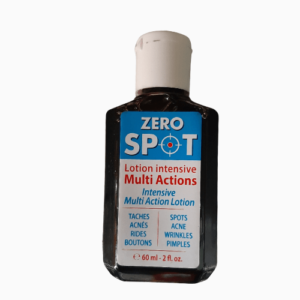 Zero Spot Lotion 60ml | Clear & Even SkinKD5.000
Zero Spot Lotion 60ml | Clear & Even SkinKD5.000 -
Product on sale
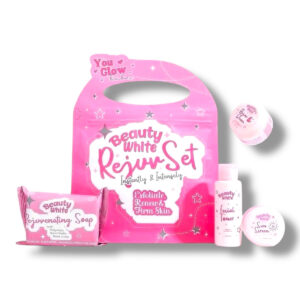 You Glow Babe Beauty White REJUV SETOriginal price was: KD8.000.KD6.000Current price is: KD6.000.
You Glow Babe Beauty White REJUV SETOriginal price was: KD8.000.KD6.000Current price is: KD6.000. -
 Prestige Kagayaku Bleaching Soap 75gKD2.000
Prestige Kagayaku Bleaching Soap 75gKD2.000 -
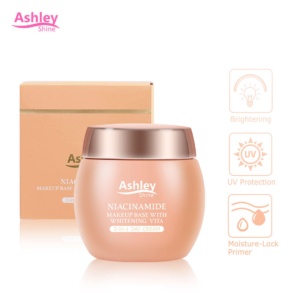 Ashley Shine Niacinamide Whitening 3 in 1 Day Cream – 50gKD4.000
Ashley Shine Niacinamide Whitening 3 in 1 Day Cream – 50gKD4.000 -
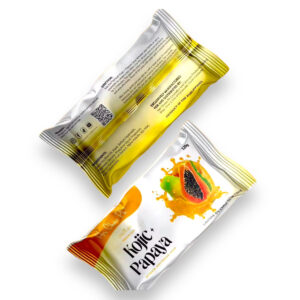 Her Choice Kojic Papaya Soap 120gKD2.500
Her Choice Kojic Papaya Soap 120gKD2.500 -
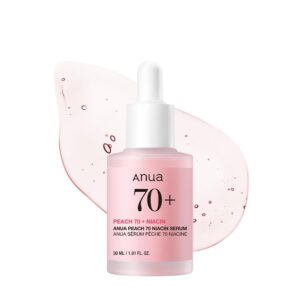 Anua Peach 70 Niacin Serum 30mlKD8.000
Anua Peach 70 Niacin Serum 30mlKD8.000 -
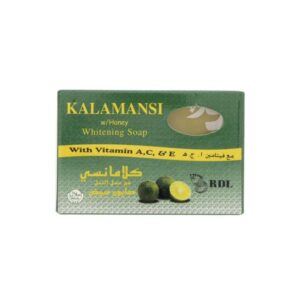 RDL Kalamansi Whitening Soap – 135gKD1.250
RDL Kalamansi Whitening Soap – 135gKD1.250

